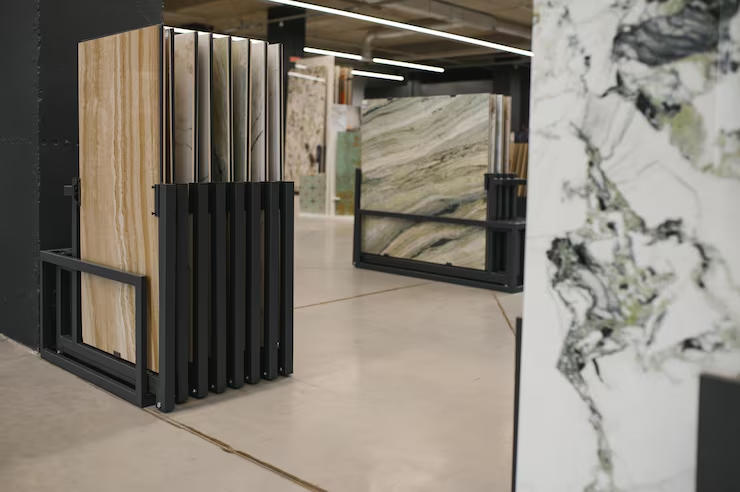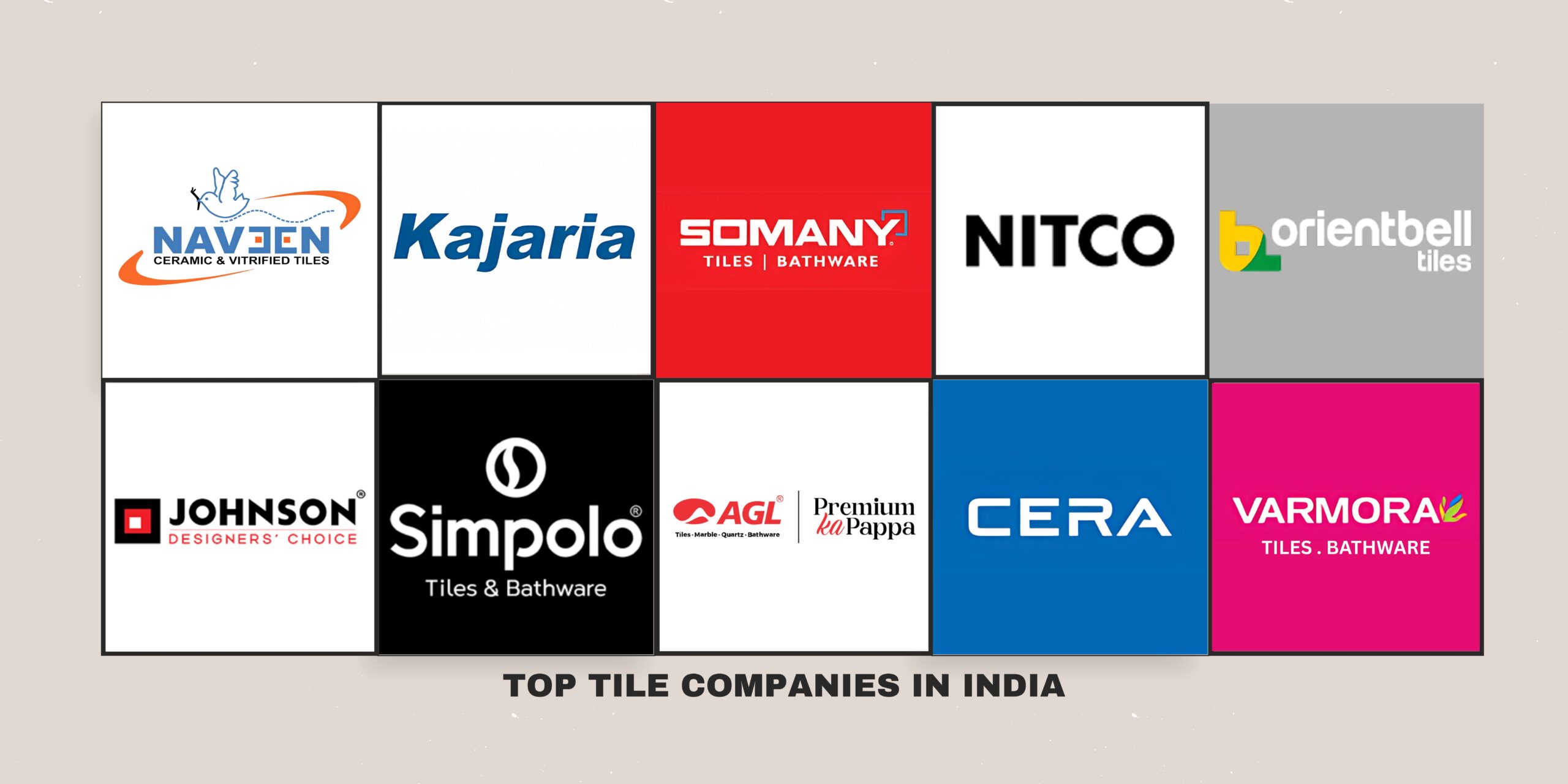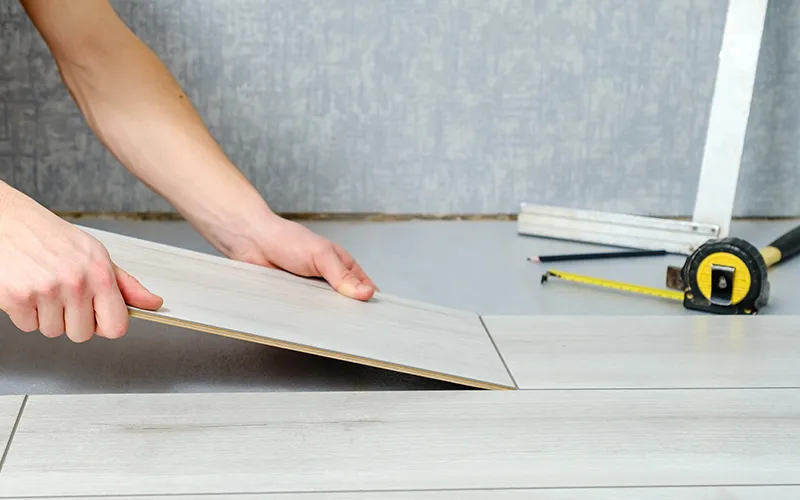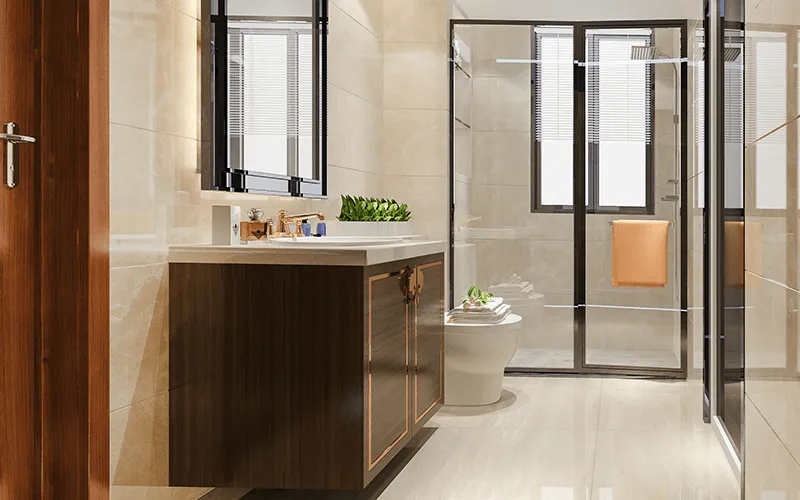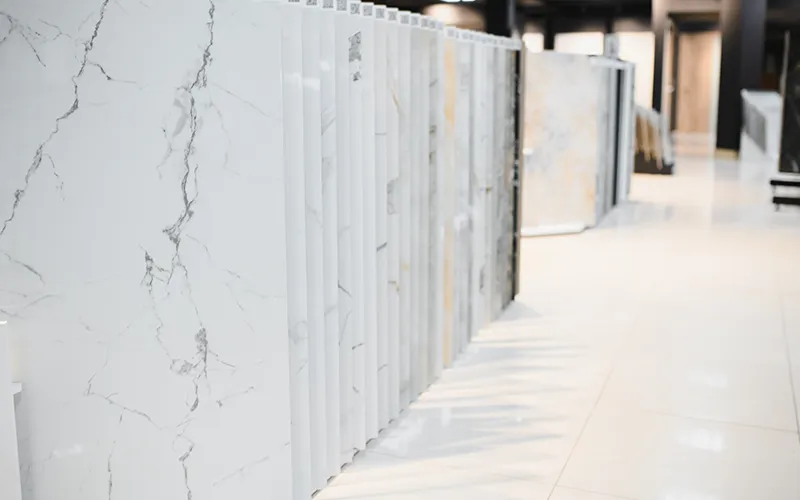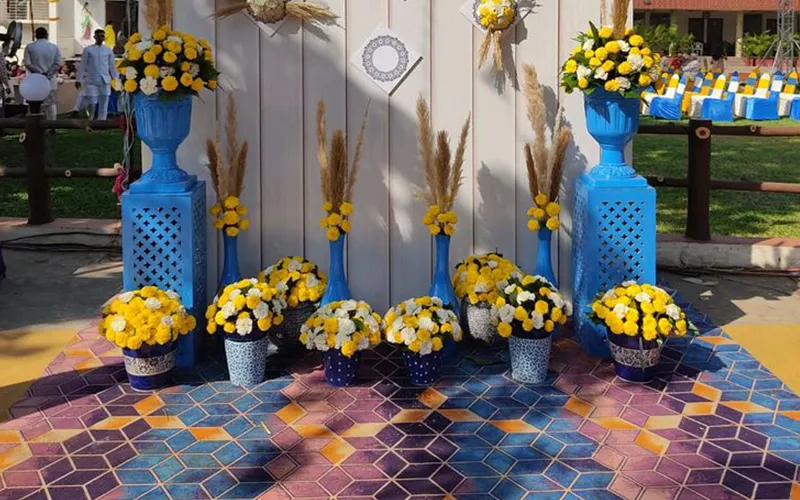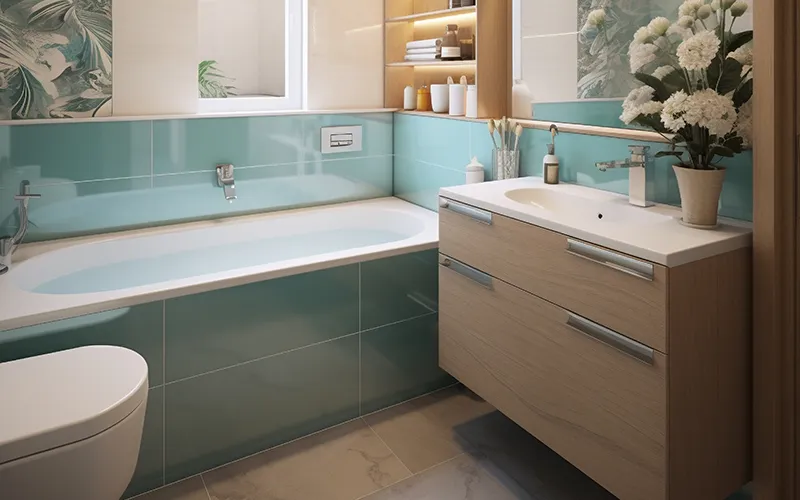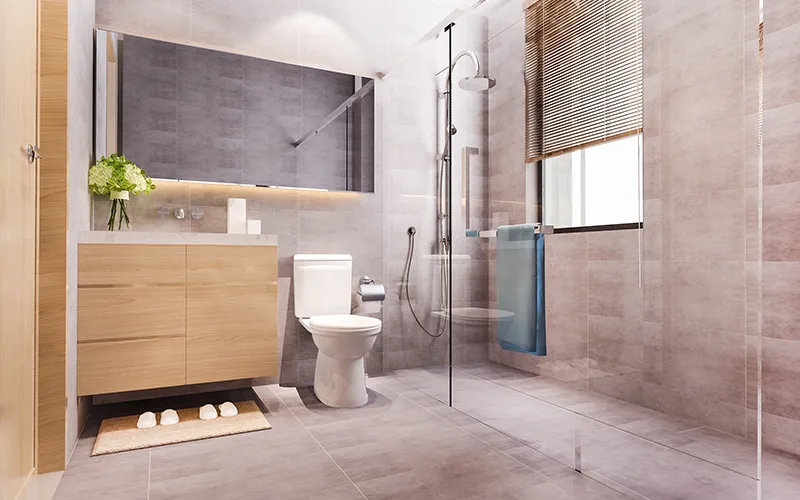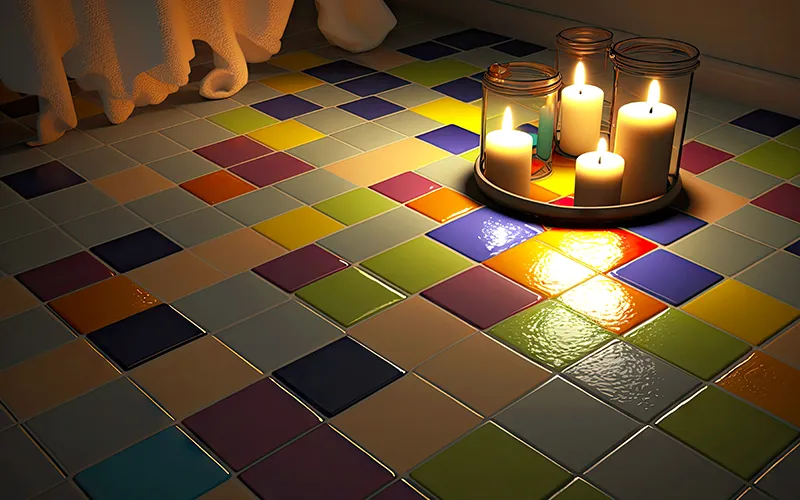Sustainable Living: Eco-Friendly Tile Solutions for a Greener Home

In an era where environmental concerns are at the forefront of global discussions, sustainable living has become more than just a trend—it’s a necessity. As we strive to reduce our carbon footprint and minimize waste, every aspect of our lifestyle, including our choice of home materials, plays a significant role. When it comes to building or renovating our homes, opting for eco-friendly tile solutions can make a substantial difference in promoting a greener future.
Understanding Eco-Friendly Tiles
Traditional tiles often involve the extraction of non-renewable resources, high energy consumption in production, and harmful emissions released during manufacturing. In contrast, eco-friendly tiles are crafted with sustainability in mind, utilizing recycled materials, renewable resources, and eco-conscious production processes.
Recycled Glass Tiles
One of the most popular eco-friendly tile options is recycled glass tiles. These tiles are made from recycled glass bottles, jars, and other glass waste, diverting them from landfills and reducing the need for virgin materials. Recycled glass tiles come in a variety of colors, sizes, and finishes, offering versatility in design while contributing to waste reduction and resource conservation.
Porcelain Tiles with High Recycled Content
Porcelain tiles are renowned for their durability and aesthetic appeal. To enhance their sustainability, manufacturers now produce porcelain tiles with a high percentage of recycled content. These tiles incorporate post-consumer and post-industrial waste, such as recycled ceramic, porcelain, and glass, reducing the demand for raw materials and minimizing environmental impact.
Cork Tiles
Cork tiles are an excellent eco-friendly alternative for flooring and wall applications. Harvested from the bark of cork oak trees, cork is a renewable resource that regenerates within a decade after each harvest. Cork tiles provide natural insulation, sound absorption, and a soft, comfortable surface underfoot. Additionally, the production process of cork tiles is relatively low-impact, further contributing to their eco-friendly credentials.
Bamboo Tiles
Bamboo tiles offer a sustainable alternative to traditional hardwood flooring. Bamboo is a rapidly renewable resource, with some species growing up to three feet per day. Bamboo tiles are produced by slicing bamboo stalks into thin strips, which are then laminated together to create durable and stylish flooring options. Choosing bamboo tiles promotes sustainable forestry practices and helps preserve critical habitats.
Salvaged and Reclaimed Tiles
Salvaged and reclaimed tiles are sourced from old buildings, factories, and other structures slated for demolition. By salvaging tiles from these sites, valuable resources are conserved, and waste is minimized. Reclaimed tiles often exhibit unique patinas, textures, and historical charm, adding character and authenticity to any space. Incorporating salvaged and reclaimed tiles not only reduces environmental impact but also celebrates the beauty of repurposed materials.
Terra-Cotta Tiles
Terra-cotta tiles have been used for centuries in various architectural styles due to their durability and earthy aesthetic. Made from natural clay, terra-cotta tiles are fired at relatively low temperatures, consuming less energy compared to other ceramic tiles. Additionally, clay is abundant and widely available, making terra-cotta tiles a sustainable choice for flooring, roofing, and wall cladding applications.
Water-Based Sealers and Adhesives
In addition to choosing eco-friendly tiles, it’s essential to consider the environmental impact of installation materials such as sealers and adhesives. Opting for water-based sealers and adhesives reduces harmful emissions and volatile organic compounds (VOCs) released into the atmosphere. These eco-friendly alternatives provide effective bonding and protection while promoting indoor air quality and minimizing environmental harm.
Benefits of Eco-Friendly Tile Solutions
Embracing eco-friendly tile solutions offers numerous benefits beyond environmental stewardship. By choosing sustainable materials, homeowners can reduce energy consumption, conserve natural resources, and minimize waste generation. Eco-friendly tiles also contribute to healthier indoor air quality by avoiding the use of toxic chemicals and additives commonly found in conventional tile products. Moreover, investing in sustainable home materials can increase property value and appeal to eco-conscious buyers in the real estate market.
Conclusion
As we strive to build a more sustainable future, every choice we make—from the products we use to the way we live—matters. By selecting eco-friendly tile solutions for our homes, we can minimize our environmental footprint while creating spaces that are beautiful, durable, and environmentally responsible. Whether it’s recycled glass, reclaimed wood, or bamboo, there’s a wide range of sustainable tile options available to suit every style and preference. Together, let’s pave the way for a greener, more sustainable tomorrow—one tile at a time.
Follow Naveen Tile for your daily dose of sustainable inspiration! Discover eco-friendly tile solutions, green living tips, and innovative design ideas to transform your home into a haven of style and sustainability. Join our community of eco-conscious enthusiasts and embark on a journey towards a greener future, one tile at a time.
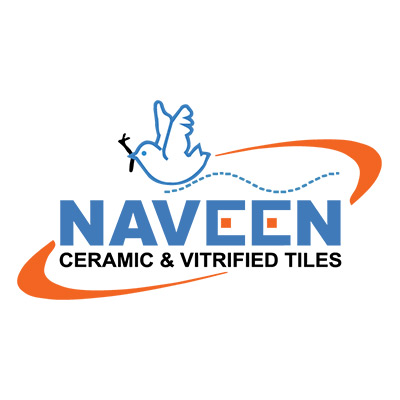
Admin
Naveen Tile, India's leading tile company and a flagship brand of Murudeshwar Ceramics Limited, commands 42+ years of industry expertise. Its unwavering commitment to manufacturing excellence and quality establishes it as the trusted authority for residential and commercial tile solutions nationwide. Naveen tile’s experts share up-to-date, reliable insights on all tile related topics with a commitment to delivering helpful guides and expert tips.
Request a callback
Need Help? Contact us!


 Cart
Cart

